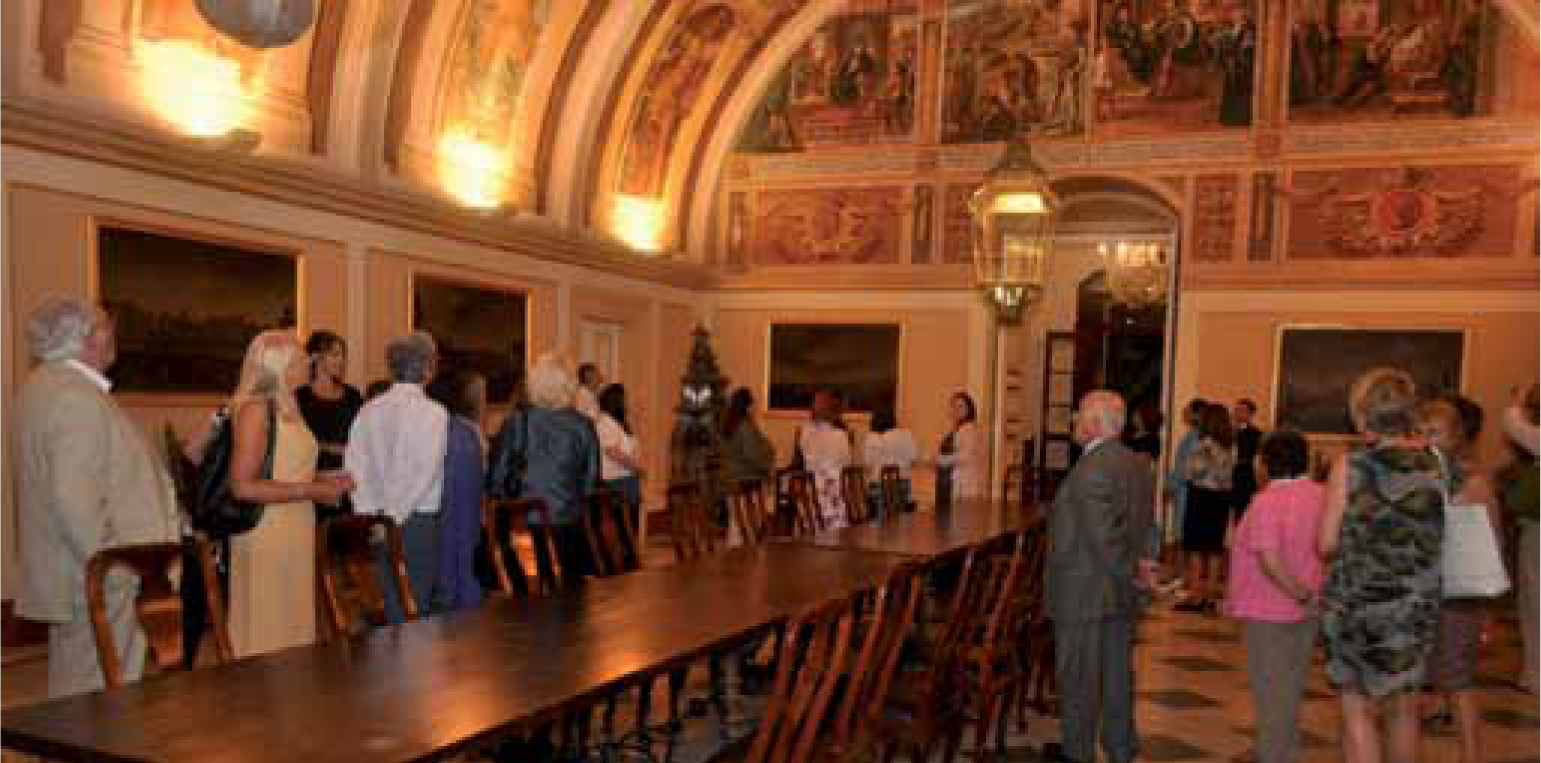The 34th Society for Reproductive and Infant Psychology (SRIP) Conference took place on the 16–17 September and was hosted by the University Malta. SRIP is an international organisation, which focuses on the non-biological aspects of reproductive health. The Society's main emphasis is on the psychological, cultural and socio-political aspects of reproductive and infant health. The Society is a truly multi-professional organisation integrating research from psychology, midwifery, nursing, psychiatry, anthropology, and epidemiology. This year, delegates from the UK, Poland, North America, Canada, Eire, Germany, The Netherlands, Finland, Australia, and Malta presented their work at the conference.
The format of the conference typically comprises keynote lectures from distinguished academics and clinicians, parallel symposia and paper and poster presentations. Key themes relevant to reproductive and infant psychology this year included infertility, pregnancy, perinatal wellbeing, prenatal stress, birth events, birth experience, birth reaction, parenting, fathers and infant care.
Although not always flagged as a conference aimed specifically at midwives, there is considerable contribution to SRIP conferences by midwife practitioners and researchers. SRIP also has strong connections with midwifery, for example Dr Rita Borg Xuereb, Head of Midwifery at the University of Malta hosted the event this year and the SRIP committee consists of many midwife members, including, Professor Julie Jomeen, who is the current chair of the society.

The opening keynote lecture was given by Dr Ethel Felice a perinatal, child and adolescent psychiatrist who presented a comprehensive and compelling account of the management of perinatal depression. Dr Felice emphasised the importance of screening for perinatal mental health problems and discussed the challenges in weighing up risks of medication versus non-medication in the treatment of pregnant women and new mothers.
Many midwives presented papers at the conference, including Dr Doug Charlton who presented from his doctoral thesis on fathers experience of traumatic stress following complex childbirth. Although, not often recognised by health professionals, fathers may experience psychological distress; this can have implications for relationship issues with the mother and with the child. Other midwifery-led projects included those on family work–life balance presented by Dr Rita Borg Xuereb. Dr Xuereb's findings raised further questions on the interplay between the transition to motherhood, work and family responsibilities, which can have a positive or negative influence on parents’ experiences and on the whole family. Jenny Smith, PhD candidate at the University of Hull, presented findings from her thesis on the impact of infant feeding policies on decision-making for midwives and women and how policies might create barriers in the midwife-women relationship.
Presentations were also made by clinical midwives. Gail Wright, Leeds NHS Trust, explored midwives experience of engaging with postpartum women who have had a traumatic birth. Findings from this narrative enquiry indicated that although recognising the importance of listening to women's stories and taking the issues forward, listening to women also caused midwives some concerns and conflicts.
This was a diverse, interesting, well-organised international conference, giving delegates information on a wide range of research projects from a number of methodological disciplines, clinical and research backgrounds. One of the take home messages from the conference was the importance of psychological health and wellbeing for women and families and its importance in midwifery research, practice and education. The commitment of midwives to this important area of women's maternal health was exemplified in the number of high quality midwifery studies presented at this conference.

